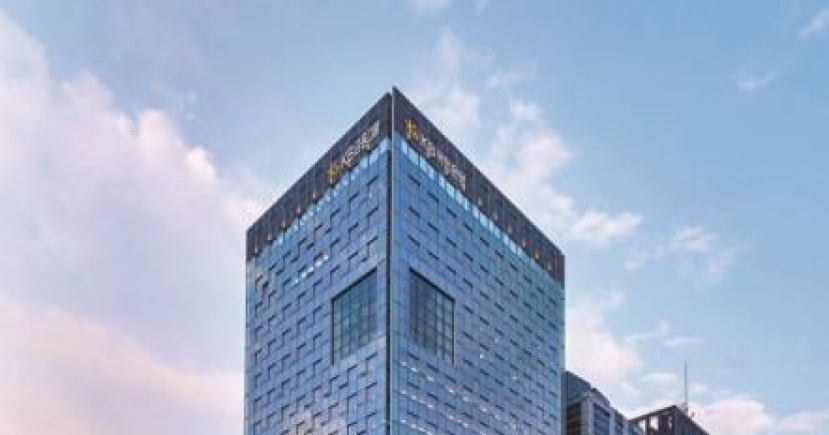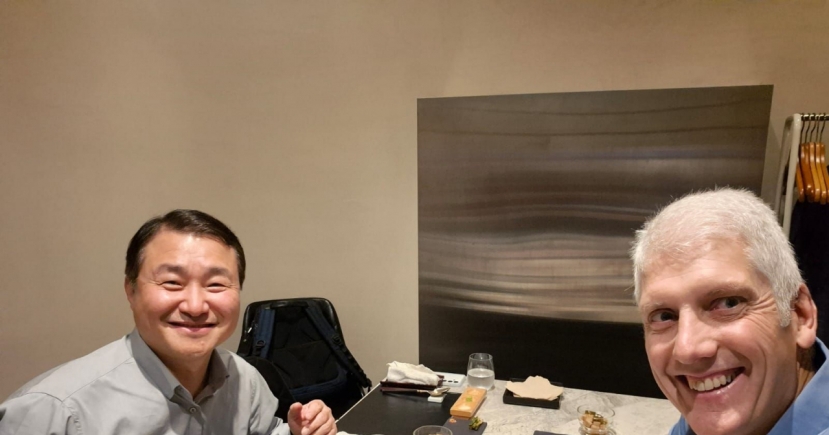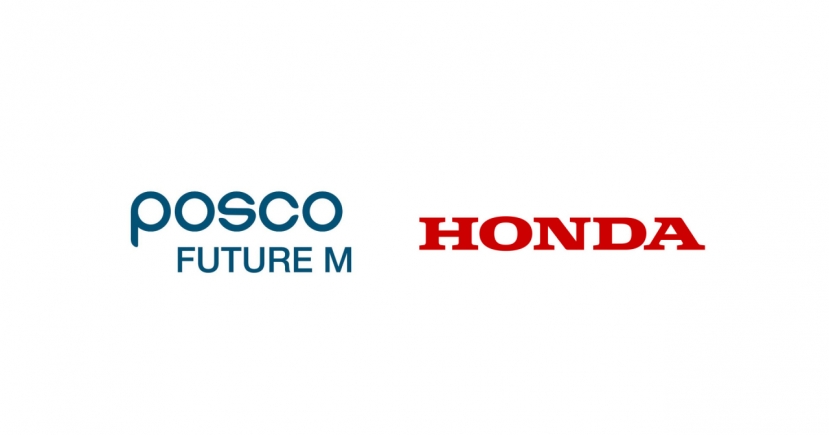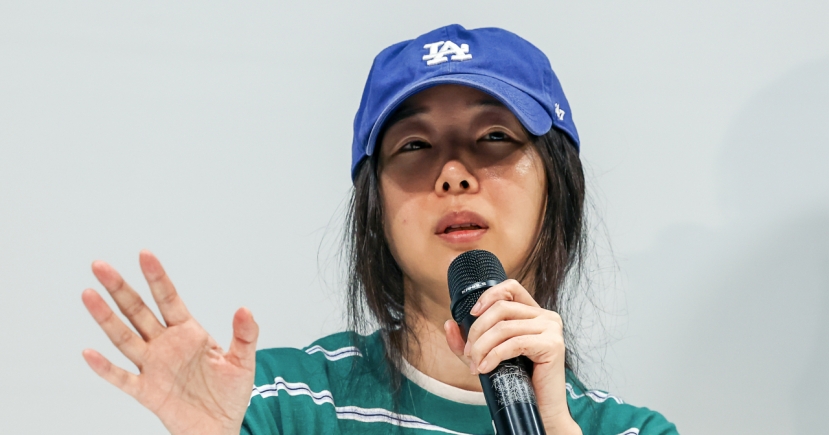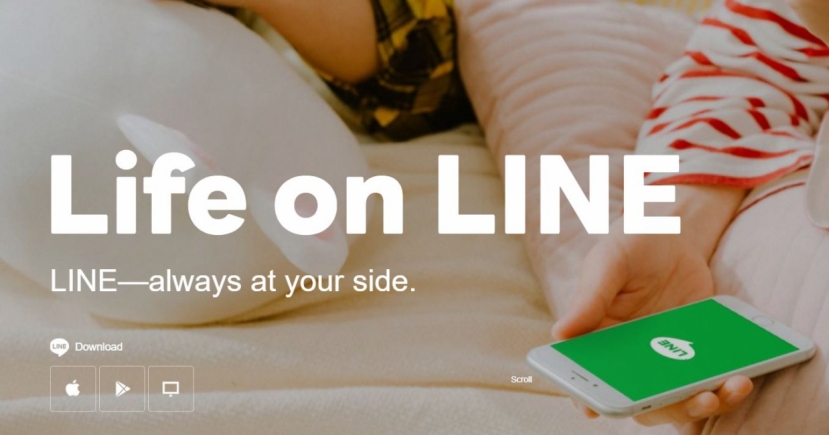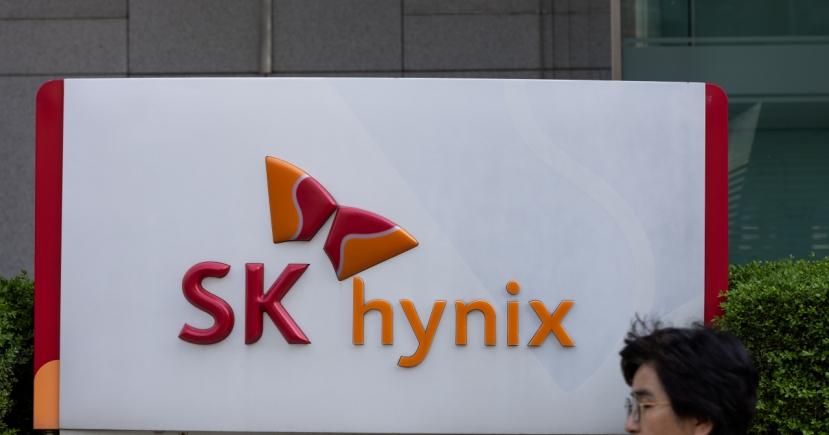Bio
Daewoong Pharma to seek US approval of botulinum toxin next month
[THE INVESTOR] Daewoong Pharmaceutical is expected to submit its self-developed botulinum toxin Nabota for review by the US Food and Drug Administration next month, marking the first ever attempt by a South Korean company to introduce its own botulinum toxin to the US market.
Daewoong, together with its US and Europe marketing and distribution partner Alphaeon Corp., are preparing to submit a biologics license application for DWP-450, another label for Nabota, to the FDA within the next month, according to a company official.
Daewoong Pharmaceutical said it could not confirm a specific timeline for its submission plans.
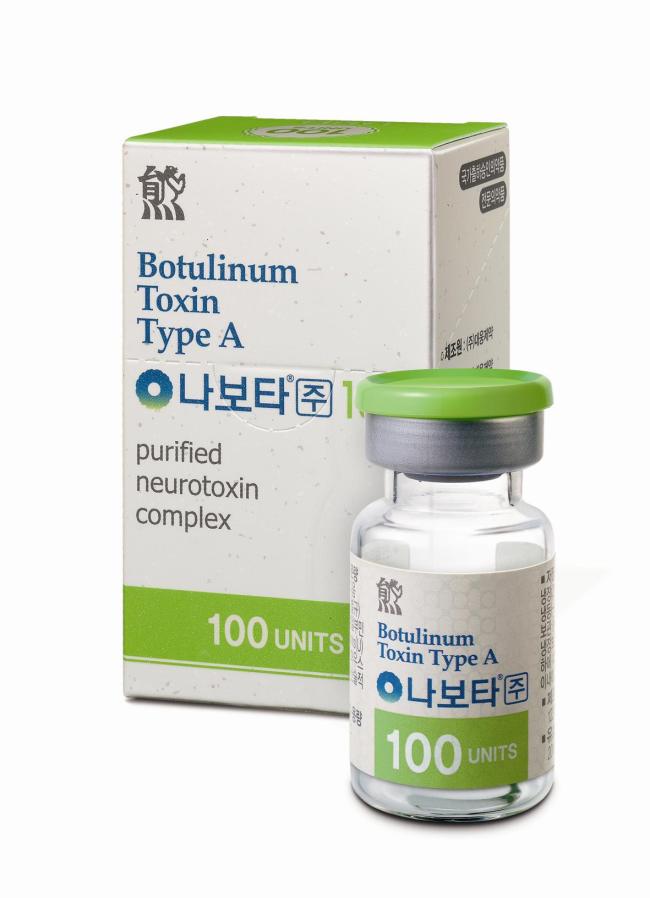 |
The move comes around a year after the firms completed phase 3 clinical trials of Nabota in the US and presented the findings at the annual American Society of Aesthetic Plastic Surgery academic forum in April 2016.
At the forum, US-based Alphaeon had discussed the details of clinical studies proving the efficacy of DWP-450 in treating glabellar frown lines — wrinkles that form between the eyebrows — and its similarity to existing botulinum toxins currently sold in the market.
Despite its modest market share in the Korean botulinum toxin market, Daewoong is currently the closest Korean pharmaceutical company to commercializing its wrinkle treatments in the US.
Medytox, Korea’s biggest maker of botulinum toxin, signed a partnership with global pharma giant Allergan to bring its self-developed BTX to the US in September 2013. The two companies are still preparing to begin phase 3 trials in the US.
Hugel, the second-biggest BTX maker in Korea, began phase 3 clinical trials of its product in June 2016 and is expected to file the drug for approval within this year.
Given this, Daewoong’s Nabota, if approved, would become the first Korea-made BTX product to hit the US market, which makes up the largest portion of the global botulinum toxin market that is projected to reach $6.6 billion by 2022, according to market intelligence firm Global Industry Analysts Inc.
As Daewoong draws closer to launching its BTX treatment in the US, attention is now turning towards whether its rivals would start another public spat over the origins of the BTX strain used to make their anti-wrinkle treatments.
In what was widely perceived as a move aimed at striking its rivals that are nearing US entry, Medytox ignited controversy last year over the origins of the BTX strains used by Daewoong and Hugel to develop their products.
Medytox had called on Daewoong and Hugel to identify the entire genome sequence of the BTX strain they used, raising suspicions that they may have stolen the strain from Medytox.
While Medytox claims that its BTX bacteria came from a research lab at the University of Wisconsin-Madison, Daewoong asserts that its bacterium was extracted from soil in South Korea while Hugel asserts its bacterium came from rotten canned foods.
Both Daewoong and Hugel have refused Medytox’s demands to publicize the full genetic sequence of its botulinum toxin as doing so would equate to blindly handing over critical data on their core technology that can be used by rivals to improve their own products, they said.
Daewoong on March 15 reiterated its stance that there are no issues with the origins of its botulinum toxin. It stressed that the main consideration of a product is its safety and efficacy — which has been not only authorized by the Korean Ministry of Food and Drug Safety, but also proven through sufficient clinical studies conducted globally.
By Sohn Ji-young/The Korea Herald (jys@heraldcorp.com)


